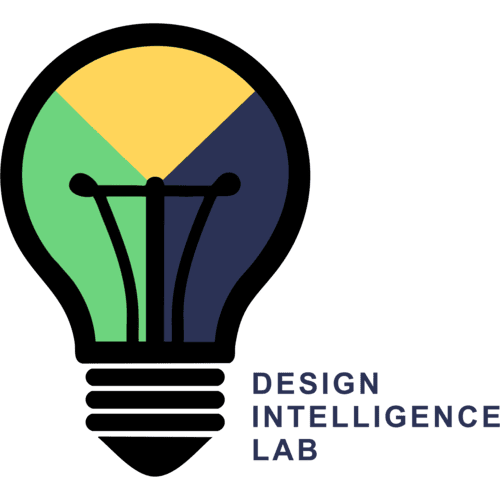Abstract
Since intelligence analysis is in part an information-processing activity, information technology is playing an increasingly important role in many tasks of intelligence analysis. In particular, research in human-centered computing is developing cognitive assistants for a variety of high-level tasks of intelligence analysis such as sensemaking and dataforaging, e.g., Jigsaw [31], a tool for visualizing information about relations among entities such as people, organizations, places and times, ACH [24], a tool for analyzing competing hypotheses based on a set of evidence, AHEAD [23] that uses past cases to build evidence for and against a hypothesis in a new intelligence situation, Disciple-LTA [33] that helps analysts build structured arguments, and RESIN [19,36] that forages data from multiple multimedia data sources. Report generation is another important high-level task in intelligence analysis [18, 34]. However, insofar as we know, report generation so far appears to have received little attention in the development of cognitive assistants for intelligence analysis. This raises two sets of questions for our work. Firstly, what are the purposes, contents and structure of intelligence reports? As one may expect, a report may contain findings, assessments, and possibly recommendations, as well as explanations and justifications of the assessments and the conclusions. Thus, a second set of questions pertains to how a cognitive assistant may explain and justify its conclusions. In particular, what is the relationship between current introspective schemes for generating explanations of the knowledge, reasoning and conclusions of a cognitive agent and the information requirements of report generation?
Introspective Self-Explanations for Report Generation in Intelligence Analysis
